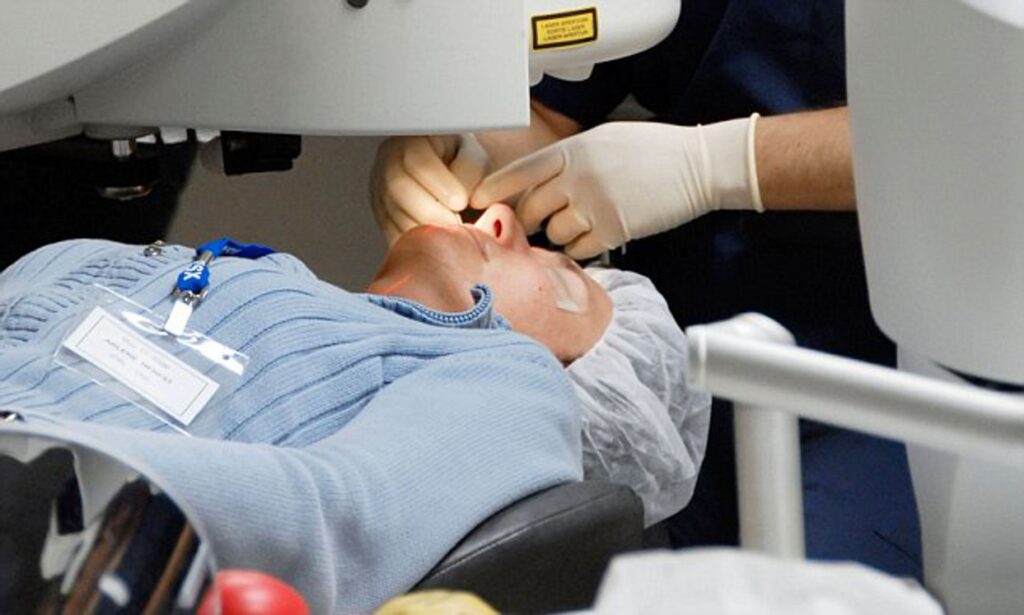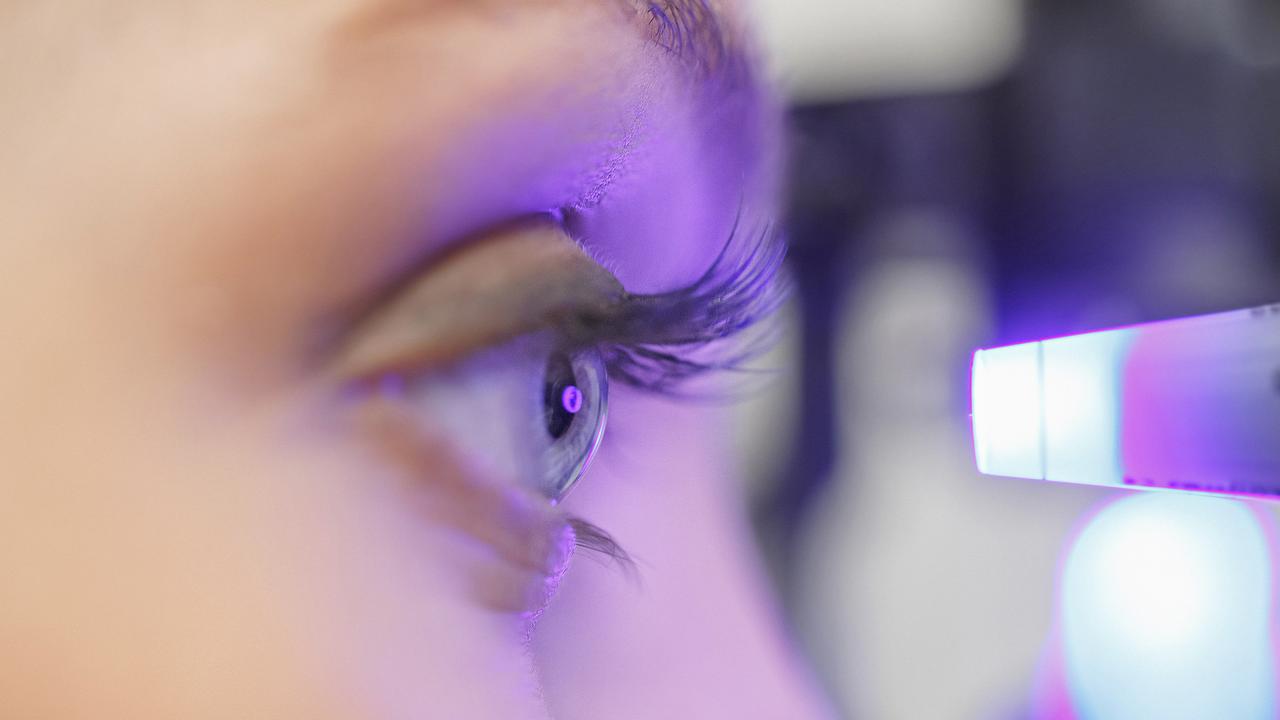A skilled cataracts eye surgeon near you performs cataracts surgery often. Many individuals are affected by cataracts, and it is often necessary to have them removed. Although Sydney cataracts surgery has been shown to be both safe and successful, it is crucial to take it easy during the healing process. Here are a few things you should stay away from after cataracts surgery.
Driving
You shouldn’t operate a vehicle for at least 24 hours after cataracts surgery. Since most people have light sensitivity for a few days after surgery, some people may even prefer to wait longer than that. Prior to getting behind the wheel, make sure you can see the road well.
Putting Makeup On
Although fun, makeup contains a lot of bacteria. Most of the time, makeup is safe as long as you don’t share it with others, but after cataracts surgery, your eyes are more vulnerable to infection during the recovery period. It would be best if you avoided wearing makeup until you had a follow-up appointment with your surgeon and asked when it was okay to do so.
If you must wear makeup after surgery, purchase brand-new cosmetics. This is especially important when applying eye makeup, like eyeliner and mascara.
Engaging in Exhausting Activities
Stick to mild activities until your surgeon gives the all-clear. Avoid strenuous activity and heavy lifting at all costs. Exercise may make recovery more difficult, and if you’re exercising, you run a larger chance of inadvertently hurting yourself. Stay informed about the latest updates and advancements in resmed masks options for sleep apnea therapy by visiting https://store.airliquidehealthcare.com.au/en/masks/.

Visiting Unclean or Dusty Areas
For a short duration following your cataracts surgery in Sydney, it would be beneficial if you avoided activities and places where the air is heavily polluted with dust or dirt. Wearing protective eyewear, such as goggles or glasses, can help keep any debris out of your eyes if you can’t totally avoid this.
Swimming
You shouldn’t acquire water in your eye after cataracts surgery. You should take care to keep the water out of your face even while taking a shower.
You must refrain from using the hot tub and pool for at least two weeks after surgery. Chlorine can harm your eyes even in the best of circumstances, making it even riskier to get it in your eyes while you’re recovering from cataracts surgery! Even if you believe you can stay afloat, it is advisable not to take the chance of entering a pool or hot tub.
Leaving your sunglasses at home
When you are outdoors, you should always wear sunglasses to protect your eyes from UV ray damage. However, it is crucial to remember to wear them following cataracts surgery. Make sure you always have a decent pair of protective sunglasses on you while you are outdoors after having cataracts surgery since it makes your eyes even more susceptible to light and UV rays.
Making Your Eye Rub
Even though your eye may feel scratchy or inflamed, it is never a good idea to massage it. Rubbing your eye unintentionally might result in significant issues.
Any pain you experience after cataracts surgery should go away a day or two later. Eye drops or medications might be used to relieve the discomfort if it persists. Make an appointment with your Sydney eye doctor if you have chronic pain that lasts more than a few days.

Who is the expert in cataracts surgery?
Cataract surgery must be performed by ophthalmologists.
Cataract surgery has advanced significantly during the last several decades thanks to fast advancement. It is crucial to first understand the fundamentals of what a cataracts is and how it inhibits vision in order to completely understand the variations between the different operations.
In essence, the eye functions as a camera with two lenses: the crystalline lens, which is protected by a capsule behind the pupil, and the cornea, a transparent layer covering the front of the eye. The cornea focuses the picture (about 70% of the way), and the natural lens sharpens it even further. A person’s natural lens may start to get foggy and fuzzy as they get older, blocking light from flowing through or distorting the rays such that vision is clouded and confused.
This cloudy lens is known as a “cataracts.” The goal of cataracts surgery is to remove this blurry lens and return the patient’s eyesight to its pre-operative state. In modern operations, the natural lens that was removed is replaced with a plastic prescription lens implanted into the eye.
In this section, we’ll look at the many ways that cataracts procedures have changed and evolved throughout time.
Intracapsular Cataracts Extraction(ICCE)
Despite being invented and frequently utilized in the 1980s, this kind of surgery is now seldom performed owing to the development of newer, more efficient procedures. The whole natural lens of the eye and the capsule that typically stabilizes it are removed during the ICCE procedure. This procedure requires a significantly bigger and more invasive incision than the more modern methods now in use. In this procedure, the surgeon makes a sizable incision in the eyeball and administers medication to weaken the “zonular fibers” holding the lens in place. The lens is then covered with liquid nitrogen and frozen using a probe. After that, the probe is progressively removed from the eye, taking the natural lens with it. The iris is then covered with an intraocular lens, and many sutures are needed to keep the eye closed until it recovers. Today, intracapsular cataracts extraction is seldom performed due to the sizeable incision and significant risk of retinal detachment and inflammation.
Final thoughts
Given that cataract surgery is a risky treatment, the eye surgeon performing the procedure must have the highest level of expertise and care. If you are considering having cataract surgery, we are here to answer any questions you may have. The more prepared you are, the more at ease and safe you will feel before undergoing cataract surgery.
An experienced cataract eye surgeon in your area often conducts this procedure. Cataracts afflict many people, and it is often essential to have them removed. Despite the fact that Sydney cataract surgery has been shown to be safe and effective, it is essential to rest throughout the recovery period. You should avoid the following items after cataract surgery.
